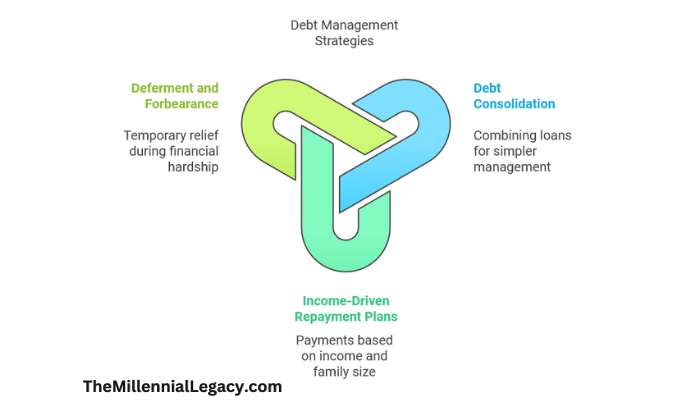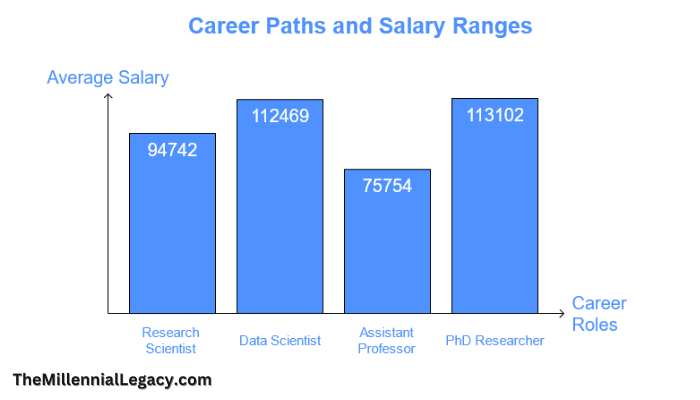Parenting styles have evolved across generations, influenced by social changes, technology, and cultural shifts. From Baby Boomers’ structured discipline to Millennials and Gen Z’s more flexible, emotionally aware approaches, these changes reflect new understandings of children’s needs. This article explores the parenting beliefs of the different generations of parents, highlighting how their unique experiences have shaped their parenting styles and offering insights into navigating modern family dynamics.
Baby Boomers: Structure, Discipline, and Hard Work

Baby Boomers, born between 1946 and 1964, grew up in a time of significant social change. Their parenting style is often characterized by structure, discipline, and a strong emphasis on hard work. They tend to prioritize traditional parenting methods, emphasizing respect for authority and adherence to rules.
Key Parenting Beliefs of Baby Boomers:
- Education: Boomers place a high value on education, believing it is crucial for their children’s success.
- Work Ethic: They instill a strong work ethic in their children, emphasizing the importance of determination and perseverance.
- Discipline: Boomers often employ a mix of authoritarian and authoritative parenting styles, setting clear boundaries and expectations while also being responsive to their children’s needs.
- Traditional Values: They may adhere to more traditional values, emphasizing respect for elders, family unity, and community involvement.
Generation X: Independence, Balance, and Adaptability

Generation X, born between 1965 and 1980, experienced a different set of social and economic circumstances. They witnessed the rise of dual-income households, increased divorce rates, and the emergence of technology. As parents, they often prioritize independence, balance, and adaptability.
Key Parenting Beliefs of Generation X:
- Independence: Gen X parents encourage their children to be self-reliant and make their own decisions.
- Work-Life Balance: They strive to balance their careers with family life, recognizing the importance of quality time with their children.
- Open Communication: They value open and honest communication with their children, creating a supportive environment where children feel comfortable expressing themselves.
- Technology Integration: As digital pioneers, they integrate technology into their parenting, using it as a tool for education and connection.
However, some Gen X parents may exhibit “helicopter parenting,” characterized by excessive involvement and overprotection, which can sometimes hinder children’s independence.
Millennials: Gentle Parenting, Emotional Intelligence, and Flexibility

Millennials, born between 1981 and 1996, are the first generation to grow up with widespread access to technology and social media. They are often described as being more open-minded, collaborative, and focused on emotional intelligence 10. Their parenting style is often characterized by gentle parenting, emotional intelligence, and flexibility.
Key Parenting Beliefs of Millennials:
- Gentle Parenting: Millennials often practice gentle parenting, which emphasizes empathy, communication, and emotional understanding.
- Emotional Intelligence: They prioritize their children’s emotional well-being and encourage them to express their feelings openly.
- Flexibility: They are more likely to adapt their parenting styles to their children’s individual needs and personalities.
- Positive Reinforcement: They favor positive reinforcement over punishment, focusing on encouraging desired behaviors.
- Conscious parenting, a key aspect of Millennial parenting, involves being mindful of one’s own emotions and triggers, and responding to children with empathy and understanding.
- Millennial fathers are generally more involved in parenting than previous generations, often sharing responsibilities equally with mothers in a ‘co-parenting’ approach.
Generation Z: Authenticity, Emotional Connection, and Tech-Savviness

Generation Z, born between 1997 and 2012, is the first generation to grow up entirely in the digital age. This unique upbringing has significantly shaped their values and parenting approaches. While still early in their parenting journey, Gen Z parents are demonstrating a distinct style characterized by authenticity, emotional connection, and tech-savviness .
Key Parenting Beliefs of Generation Z:
- Authenticity: Gen Z parents value authenticity and strive to create a genuine and open environment for their children . They encourage self-expression and individuality, allowing their children to explore their identities without judgment.
- Emotional Connection: Building strong emotional bonds with their children is a priority for Gen Z parents . They prioritize empathy, communication, and understanding, fostering a deep sense of connection and trust.
- Tech-Savviness: Growing up with technology, Gen Z parents seamlessly integrate it into their parenting . They utilize technology for education, entertainment, and connection, while also being mindful of potential downsides and setting healthy boundaries.
- Flexibility and Adaptability: Gen Z parents are known for their flexibility and adaptability, adjusting their parenting approaches to meet their children’s evolving needs . They are open to new ideas and willing to deviate from traditional norms
- Collaborative Parenting: Gen Z parents often view their children as partners, involving them in decision-making and encouraging open communication. They foster a sense of collaboration and shared responsibility within the family.
- “Reverse Role Models”: Many Gen Z parents are influenced by their own upbringing, often seeking to do things differently from their parents . They learn from both positive and negative experiences, striving to create a more supportive and nurturing environment for their children.
It’s important to note that Gen Z parenting is still evolving, and their approaches may continue to adapt as they navigate the challenges and joys of raising children in a rapidly changing world.
Comparing Generational Approaches
As each generation has its own unique approach to parenting, some interesting comparisons and contrasts emerge:
- Structure vs. Flexibility: Baby Boomers, with their emphasis on structure and discipline, may clash with Millennials’ and Gen Z’s more flexible and child-centered approaches. For example, a Boomer grandparent might insist on strict bedtimes and limited screen time, while a Millennial or Gen Z parent might be more relaxed about these rules.
- Independence vs. Support: Generation X’s focus on independence and self-reliance contrasts with the more involved and supportive style often seen in Millennial and Gen Z parenting. This can lead to disagreements about how much freedom children should have and how much intervention is necessary.
- Traditional Values vs. Progressive Values: Boomers’ emphasis on traditional values, such as respect for authority and obedience, may differ from Millennials’ and Gen Z’s more progressive values, which often prioritize individuality and social justice. This can lead to different approaches to discipline and moral guidance.
- Technology Use: Millennials’ and Gen Z’s comfort with technology and its integration into parenting can create a divide with older generations who may be less tech-savvy or have concerns about screen time and online safety.
Generational differences in parenting offer useful perspectives on raising children. By recognizing and adapting to these shifts, families can better navigate the changing landscape of modern parenting.
Sources
https://pmc.ncbi.nlm.nih.gov/articles/PMC7602436/
https://www.ncbi.nlm.nih.gov/books/NBK568743/#:~:text=However%2C%20this%20discussion%20focuses%20on,vary%20depending%20on%20the%20situation.
https://timesofindia.indiatimes.com/life-style/parenting/moments/millennial-vs-boomer-parenting-styles-which-one-is-better/photostory/105259213.cms
https://www.yourtango.com/family/benefits-soft-parenting-boomers-totally-disagree
https://www.psychowellnesscenter.com/Blog/different-generations-and-parenting-styles-a-journey-of-discovery
https://meaganjohnson.com/category/generation-x/
https://genxer.ca/generation-x-parenting-styles/#:~:text=Independence%20Nurturing%3A%20They%20prioritize%20fostering,a%20nurturing%20and%20supportive%20environment.
https://www.radcliffe.in/parenting-styles-and-bridging-generations/
https://genxer.ca/generation-x-parenting-styles/
https://www.parents.com/what-your-generation-says-about-your-parenting-style-8551260
https://www.luriechildrens.org/en/blog/millennial-parenting-statistics/
https://www.educationnext.in/posts/millennial-parents-pioneering-a-new-era-of-parenting-for-the-next-generation



